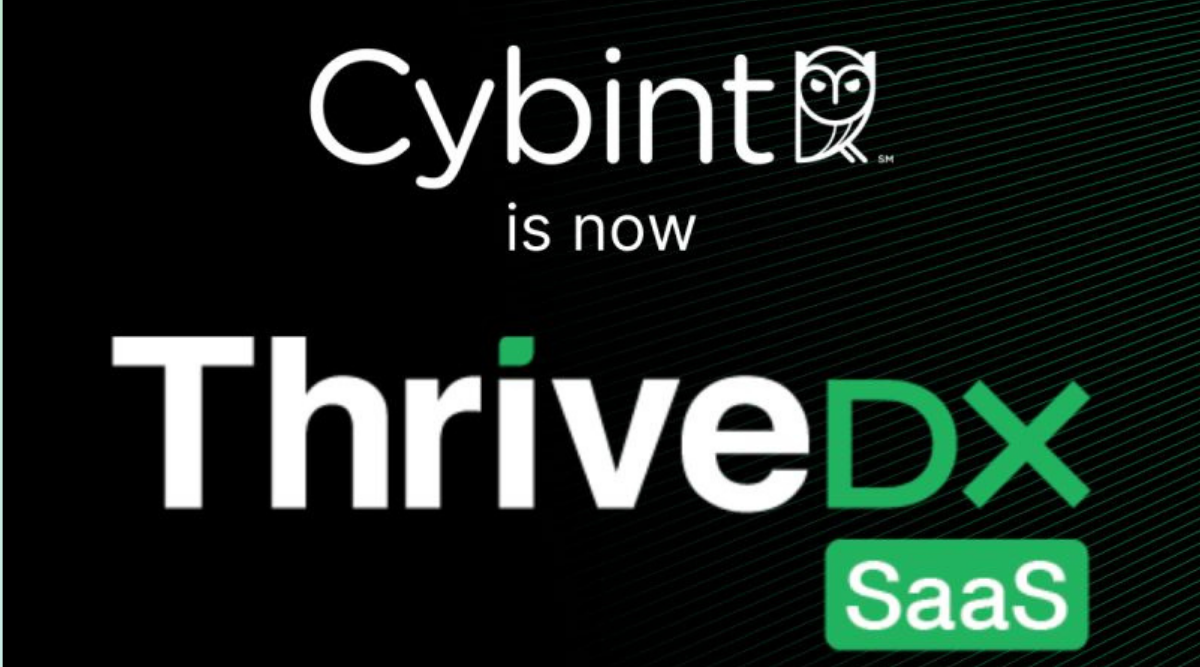Traditionally, a four-year college degree has been a non-negotiable requirement for any career in a technological field.
However, with the huge increase in demand for cybersecurity professionals, more and more employers are forgoing the need for a college degree and focusing on experience, vocational training, and critical cybersecurity skills.
With the change of focus, lets look at the cybersecurity skills employers really value.
The Cybersecurity Skills Gap
Given the importance of cybersecurity to a huge range of industries, it isn’t surprising that there is a huge gap between the number of cybersecurity professionals needed and the number of currently qualified workers. Currently, the cybersecurity workforce shortage in North America alone stands at half a million positions, with around 400 million cybersecurity positions unfilled worldwide.
Research by (ISC)², the world’s largest nonprofit membership association of certified cybersecurity professionals, has suggested that the overall cybersecurity workforce needs to increase by as much as 145% to close this skill gap.
Additionally, cybersecurity is expected to grow by as much as 10% during 2021, in defiance of the post-pandemic slum experienced by other industries.
Given the size of the skill gap in the cybersecurity industry and the growing demand for cybersecurity professionals, an increasingly large range of vocational cybersecurity programs have come onto the market. In fact, a record number of tech schools, colleges, and academies are now offering cybersecurity qualifications in order to help close the skills gap.
These programs offer students the opportunity to study for between 3-months and a year to gain a qualification in the vital hard skills required for a successful cybersecurity career.

Picking the Right Cybersecurity Program
Currently, the cybersecurity industry is undergoing a cultural shift away from traditional four-year degrees.
The CEOs of major tech industry employers, such as Tesla’s Elon Musk and IBM’s Ginni Rometty have already spoken out about how a degree is no longer a non-negotiable requirement for working at their companies.
Large employers such as Apple, Microsoft, and Google are also moving away from the need for a bachelor’s degree and focussing more on skill-based qualifications and industry experience.
In light of this new attitude towards employment, vocational training that offers the hard cybersecurity skills that employers are looking for is becoming increasingly popular.
Vocational training offers students the benefits of getting qualified faster, entering the job market more rapidly, and not having the overwhelming cost of a standard bachelor’s degree.
However, when it comes to selecting the right vocational qualification, it’s important to match up the training offered with the skills employers are looking for.
The Cybersecurity Skills You Need to Start Your Career
When it comes to hiring for a cybersecurity position, employers are increasingly looking for a mixture of skills, focusing on multiple security skills as well as wider tech, business, and interpersonal skills.
Here are some of the most commonly listed vital skills that cybersecurity employers place the highest value on:
Risk Assessment and Management
Risk management is the action of understanding potential threats and then finding the right strategy to deal with them.
This skill has become highly desirable amongst cybersecurity employers because it applies to all levels of all industries.
Proactively assessing and preventing risk is significantly more cost-effective than dealing with the aftermath of a security breach, which is why Burning Glass lists it as one of the skills that will see the fastest growth over the next five years.
Coding
Understandably, coding is a hugely desirable skill for cybersecurity professionals. Unfortunately, there are around 600 programming languages out there to learn.
Thankfully, there are some clear favorites when it comes to coding languages that employers are looking for. Python, Rust, PHP, Bash, and C++ remain important for system architect roles while HTML and Javascript are vital for web-based applications.
Cloud
The increasingly widespread use of cloud computing has put significant pressure on employers to find cybersecurity professionals with qualifications and experience in working with both public cloud platforms, such as Amazon Web Services (AWS), Azure, and Google, as well as private cloud architecture.
Developing a secure network hosted in a cloud environment requires a wide-ranging understanding of both cloud technologies and enterprise security strategies.
Automation
Automation, artificial intelligence (AI), and machine learning (ML) have become hot button technologies in a range of industries, including cybersecurity.
The benefit of implementing automation in cybersecurity is that low-level repetitive tasks can be handled through automation, freeing up resources and skilled staff for more complex problems.
However, implementing this kind of automation requires a full understanding of both cybersecurity and automation technologies.
Given the skills gap in cybersecurity, and automation’s potential to address that gap, this combination of skills has become very attractive to employers.
Threat Hunting
Despite being a relative newcomer to the pool of valued cybersecurity skills, threat hunting made the list of top security initiatives from 93% of respondents to a DomainTools security solutions survey.
Given that threat hunting encompasses the early detection of threats and the reduction of overall risk, both of which have the potential to save organizations huge amounts of money, it’s not surprising that Burning Glass listed it as the 4th fastest-growing in-demand cybersecurity skill.
Networking
Networking skills remain in high demand to facilitate the secure setup and operation of the huge range of networks used by businesses every day.
Even if you aren’t aiming for a career as a dedicated systems administrator or engineer, knowing the basics of local area networks (LAN) and wide-area networks (WAN) makes you far more employable.
Given the number of companies who have moved their post-pandemic workforce onto a remote working footing, knowing how to set up secure virtual private networks (VPN) is also a hugely valuable skill.
Development Security Operations (DevSecOps)
In order to mitigate the estimated $1 trillion annual cost of cybersecurity breaches and cybercrime, companies are increasingly looking to build security into the foundations of their application design and development phase, rather than trying to add it in later.
Because of this change in how applications are designed, employers are increasingly looking for cybersecurity professionals with an understanding of the development and operations process.
This combination of skills is increasingly in demand, with Burning Glass ranking DevSecOps as the number one most in-demand skill for cybersecurity professionals, with an estimated 164% growth in demand over the five years.
Big Data Analytics
Day-to-day cybersecurity activities generate a lot of data and analysis of that data can lead to hugely valuable and actionable security insights.
Additionally, cybersecurity is a data-driven industry, with organizations pulling in vast amounts of data to keep their cybersecurity activities up to date.
Given the data-rich nature of cybersecurity, it’s not surprising that chief information security officers (CISOs) are increasingly looking for potential employees with skills in both cybersecurity and data analytics.

Industry Experience and Soft Skills
In addition to the hard skills listed above, employers are increasingly looking for cybersecurity professionals with a diverse range of soft skills and industry experience.
Below are some of the more common, and easily cultivated soft skills that can make you stand out in the cybersecurity job market.
Communications
Cybersecurity is often siloed away from the rest of an organization’s operations because of its intensely technical nature and often impenetrable operating language.
Since any level of siloing reduces operation efficiency, employers are increasingly looking for cybersecurity staff with excellent communication skills.
Staff who are able to communicate both the importance of cybersecurity to non-technical staff as well as effectively outline security operations to the C-suite are hugely employable.
Agility
Given the massive changes in how we work that have occurred over the last two years, it is unsurprisingly that agility has become one of the primary soft skills looked for by employers.
According to research done by (ISC)², 30% of their survey respondents needed to move their entire workforce to a remote working footing over the course of a single day.
Cybersecurity professionals who are able to demonstrate agility and the ability to rapidly adapt to changing circumstances, new technologies, and business challenges are significantly more employable in a post-pandemic world.
A New Way of Looking at Cybersecurity
Cybersecurity employers are far more interested in specific in-demand skills, or combinations of skills, and are no longer bound by the idea of getting a degree. Because of this, vocational training programs that offer qualifications in these specific skills are now a viable alternative to traditional degrees.
The Cybint Cybersecurity Bootcamp is an accelerated program designed to successfully prepare people with little or no background in IT for entry-level jobs in the field. Delivered completely online or blended, we enable partners around the world to address the global skills gap and deliver this solution to their communities.
If you’re interested in launching your career in cybersecurity, learn how you can get started with one of our partners.




